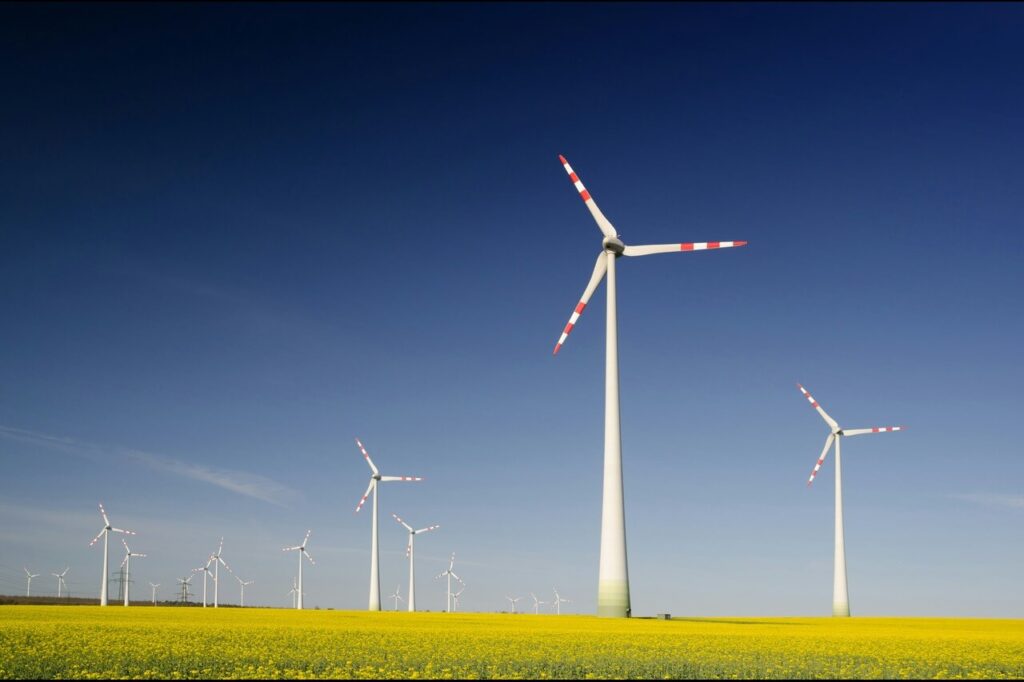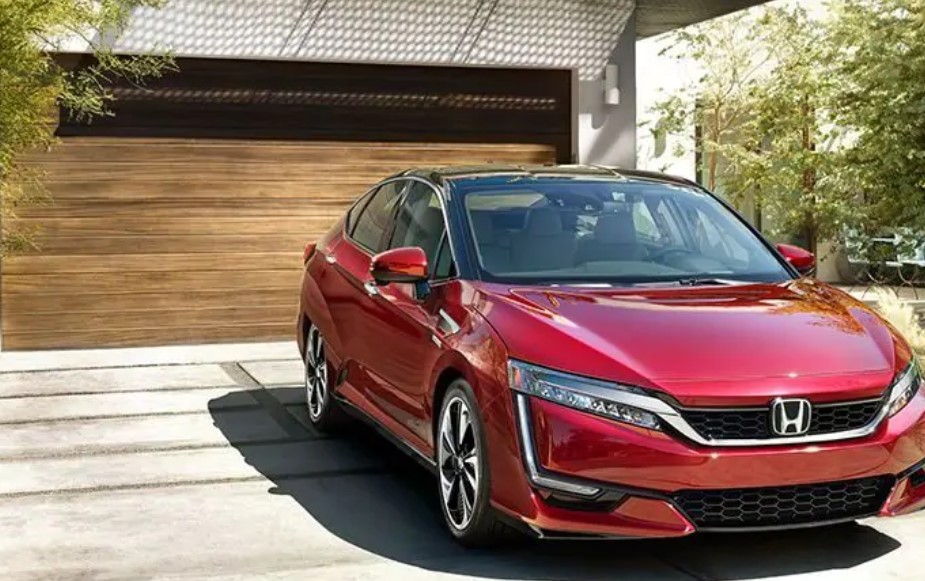As scientists continue to warn of the growing threats associated with climate change, options for alternative energy sources appear in the headlines more often.
But, you may have wondered what exactly makes alternative energy worthy of that distinction. What sets it apart from the energy options that people consider the typical ones?
What Are Some Basic Differences Between Alternative and Conventional Energy?
People commonly give or get clarification about the types of energy by putting them into two broad categories: Conventional and non-conventional/alternative.
For starters, conventional energy usually comes from exhaustible sources. That means, as the population grows, the resources could get depleted. In contrast, many types of renewable energy are from unlimited sources, such as the sun or wind.
Pollution is another problem associated with conventional energy. It’s a factor that made many people realize how important it was and is to pursue alternative energy options that protect the planet rather than polluting it. Alternative energy is not always pollution-free, but it’s less polluting than conventional counterparts.
Alternative energy sources also got developed over the last several decades. Individuals sometimes refer to them as non-conventional because societies haven’t used them used as long as other choices, like coal.
Fossil fuels frequently come up in alternative energy discussions. Collectively, they’re substantial conventional energy sources. Coal, natural gas and oil are fossil fuels. It takes years to replenish them after using all the available supplies.
Alternative energy sources get continuously generated, which is one of the many reasons why people see them as favorable compared to conventional energy.
How Do People Feel About Alternative Energy Sources?
Now that you know some of the characteristics that separate alternative energy from conventional types, maybe you’re wondering what the general public opinion is about using alternative energy. In the United States, research indicates Americans are on board.
A recent Business Insider poll showed that the majority of respondents supported renewable energy, with solar and wind power ranking as the most-preferred picks. In contrast, coal ranked the lowest when people gave their views. The results also showed a growing desire to use alternative energy regardless of a person’s political affiliation.
In other countries, using alternative energy sources comes so naturally that people would probably find it strange if those nations started using conventional energy again.
For example, Iceland gets 100% of its heat and electricity from renewable sources, with geothermal energy used for most of the country’s heating needs.
Also, a report from BP indicated that, within the next two decades, renewable energy would be the world’s main source of power. Moreover, BP’s data revealed that renewable energies are getting established in the global energy system faster than any single conventional kind of energy.
One of the reasons why we need renewable energy is that people want it. And, if they’re not on board with it yet, many individuals increasingly find they live in places where renewable energy is rapidly becoming the norm instead of the exception.
The Alternative Energy Sector Creates Jobs
The renewable energy industry creates more jobs than conventional energy in some cases. Data published in 2018 by the Environmental Defense Fund showed that 777,000 people have renewable energy jobs versus 160,000 people employed by the coal industry. Additionally, the fastest job renewable energy job growth happens in the solar and wind sectors.
Moreover, many U.S. politicians — Democrats, in particular — proposed initiatives to help the United States transition to using renewable energy more often. If any of those plans come to pass or even get the public more interested in what’s possible, the number of new jobs could go up even more.
Alternative Energy Makes Economic Sense
Besides the jobs created by alternative energies, transitioning away from fossil fuels supports a nation’s economic independence.
If a country becomes more energy independent due to renewables, it’s less likely to suffer the consequences of attacks on foreign sources. The world saw that reality in action in September 2019 when drones attacked the oil production network in Saudi Arabia.
In the United States, oil prices briefly went up until President Trump gave the go-ahead to access the nation’s reserves. The unlimited nature of most alternative energy sources means that future issues like that may not cause problems at all if the country depends on more renewable energy produced inside the country instead of imported.
North Dakota’s Lakota Native American Tribe has a goal of becoming energy independent with help from a dedicated program there. That group’s progress could inspire the nation and the world to take similar action.
Promising Possibilities
This overview clarifies what makes alternative energy sources different and highlights some of the reasons why they’re getting more appealing. As technology advances, the options to use them will likely become more plentiful.
Recent Stories
Follow Us On
Get the latest tech stories and news in seconds!
Sign up for our newsletter below to receive updates about technology trends




